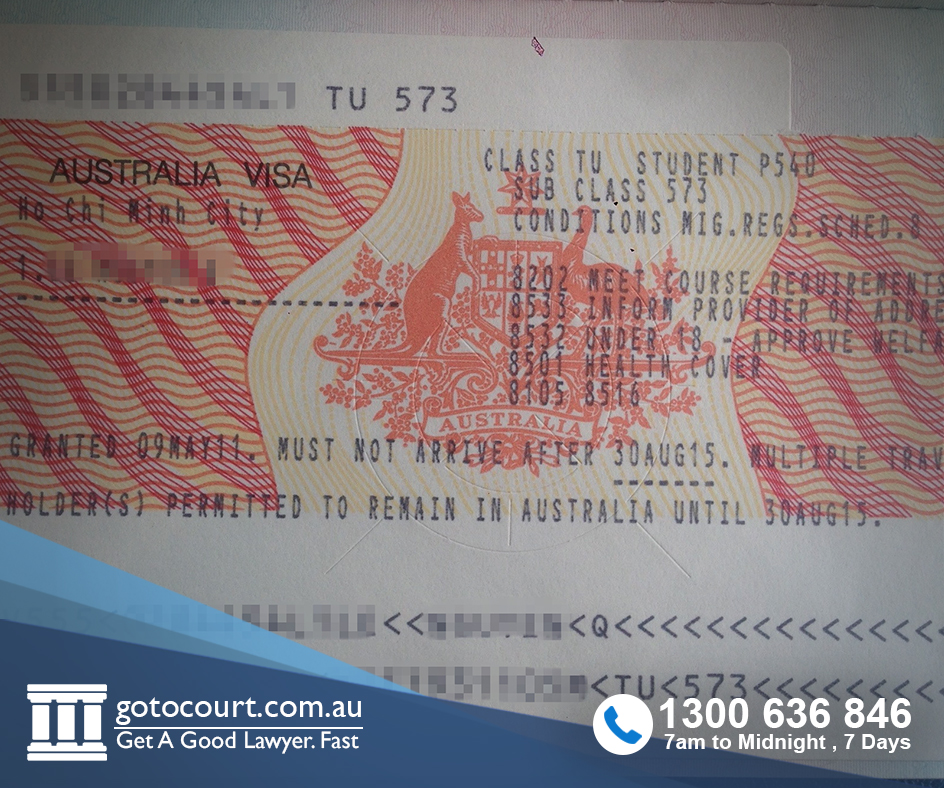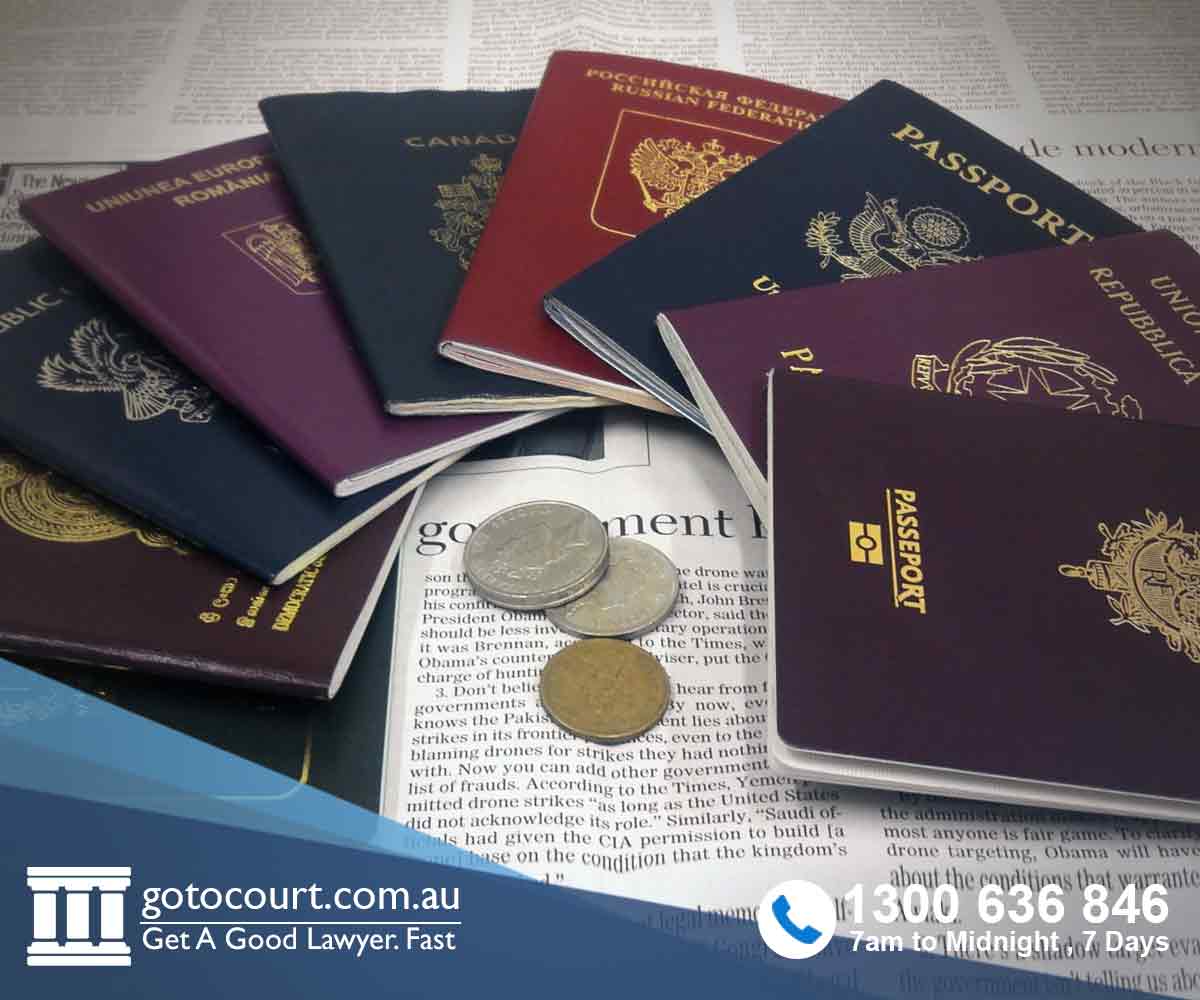Call our lawyers
now
or,
have our lawyers
call you
Legitimate Expectation in Administrative Law
Updated on Nov 08, 2022 • 5 min read • 422 views • Copy Link
Legitimate Expectation in Administrative Law
It is a principle of administrative law that government decision-makers should be required to fulfill the legitimate expectations that they have created. Where a decision-maker has failed to satisfy a legitimate expectation in the process of arriving at the decison, the decision may be challenged.
The doctrine of legitimate expectation came to prominence in 1994. In that year, the High Court decided the matter of Minister of State for Immigration and Ethnic Affairs v Teoh. The case established, among other things, that an applicant has a legitimate expectation that a decision-maker will take into account the obligations imposed under an International Convention that Australia has ratified.
However, since the decision of Teoh, the doctrine of legitimate expectation has been called into question. Subsequent decisions have found fault with the reasoning the High Court used, including that the concept is unclear and unhelpful and departs from the more important question of how to ensure that a decision is fair.
Minister of State for Immigration and Ethnic Affairs v Teoh
The Teoh case concerned a Malaysian citizen, Ah Hin Teoh, who had lived in Australia since 1988, married an Australian and had three children with her. In 1989, Teoh applied for residency in Australia but before this application was decided, Teoh was found guilty of criminal offences, including heroin importation.
Teoh’s application for residency was rejected on the basis he could not fulfil the good character requirement. He applied for a review of this decision, adducing evidence that he was the only person who could keep the family together. The review was rejected by the Immigration Review Panel and the Minister accepted the panel’s decision and made an order for his deportation.
Teoh applied to the Federal Court for review of these decisions. The Federal Court rejected Teoh’s application, finding that both decisions had been correct in law. Teoh then appealed to the Full Court of the Federal Court, which found that the powers had been improperly exercised. The Immigration Minister appealed to the High Court against the Full Court’s decision.
The Full Court’s decision was upheld by a majority of the High Court bench, which agreed that there had been a breach of natural justice stemming from the Department’s failure to invite Teoh to make submissions as to whether a deportation order should have been made in light of Australia’s status as a signatory to the Convention on the Rights of the Child, which requires the best interests of the child to be taken into account in any administrative decision concerning the child. The High Court found that due to Australia’s ratification of the Convention on the Rights of the Child, Teoh had a legitimate expectation that the decision-maker would treat the rights of his children as a primary consideration.
What is a legitimate expectation?
Legitimate expectations can be created in a range of ways, including through public policies, public statements and by the adoption of regular practices. A legitimate expectation can be disappointed where a government agent acts in breach of a policy or fails to apply a policy or to follow a procedure.
Where a decision-maker is considering making an order that is inconsistent with a legitimate expectation held by a party, the party has the right to be given notice and to be given an opportunity to respond to the approach the decision-maker is proposing to take.
Judicial review focusses on the procedures that were followed in arriving at a decision. It does not relate to the correctness of the actual decision. A person unhappy with an administrative outcome may complain about the decision-making process but not about the decision itself.
Minister of Immigration and Border Protection v WZARH
In the 2015 High Court decision of Minister of Immigration and Border Protection v WZARH, a refugee applicant sought an independent merits review of a negative refugee determination. He was interviewed by a reviewer, who subsequently became unavailable to complete the assessment, which was handed over to another reviewer. The new reviewer made the determination based on a transcript of the interview.
The respondent sought judicial review of the decision by the second reviewer, arguing successfully that there had been a breach of procedural fairness. The Full Court of the Federal Court found that he had had a legitimate expectation that the person who had interviewed him would be the one to make the recommendation to the minister.
The Minister appealed against the decision to the High Court. The High Court dismissed the appeal, finding that the respondent had been denied procedural fairness. However, it criticised the doctrine of legitimate expectation, with Justices Keifel, Bell and Keane stating that the concept:
‘may distract from the real question: namely, what is required in order to ensure that the decision is made fairly in the circumstances having regard to the legal framework within which the decision is to be made.’
Justices Gageler and Gordon found that the concept of legitimate expectation introduces confusion, distracting from the ‘true inquiry into the opportunity that a reasonable administrator ought fairly to have given.’ In other words, the real issue is whether there has been unfairness rather than whether an expectation has been disappointed.
The court found that the procedure followed had been unfair, but not on the basis of legitimate expectation. Rather, the respondent had been denied the opportunity to advance his case, resulting in procedural injustice.
Legitimate expectation
While the doctrine of legitimate expectation can still be used to advance an argument in administrative law, there are divided opinions as to its usefulness. It is, therefore, safer to frame grounds of review in terms of any procedural injustice resulting from the way the decision-maker arrived at the decision.
If you require legal advice or representation in an administrative law matter or in any other legal matter, please contact Go To Court Lawyers.

Affordable Lawyers
Our Go To Court Lawyers will assist you in all areas of law. We specialise in providing legal advice urgently – at the time when you need it most. If you need a lawyer right now, today, we can help you – no matter where you are in Australia.How It Works







1. You speak directly to a lawyer
When you call the Go To Court Legal Hotline, you will be connected directly to a lawyer, every time.


2. Get your legal situation assessed
We determine the best way forward in your legal matter, free of charge. If you want to go ahead and book a face-to-face appointment, we will connect you with a specialist in your local area.


3. We arrange everything as needed
If you want to go ahead and book a fact-to-face appointment, we will connect you with a specialist in your local area no matter where you are and even at very short notice.
















